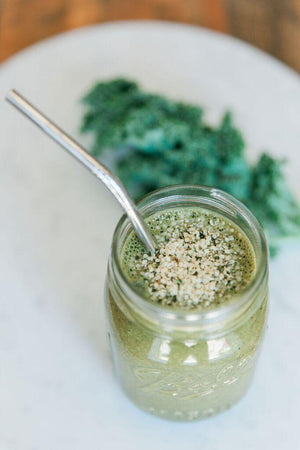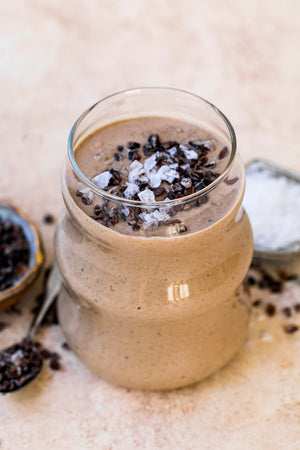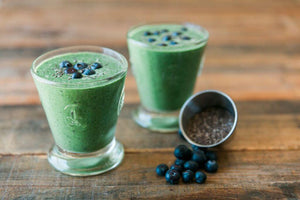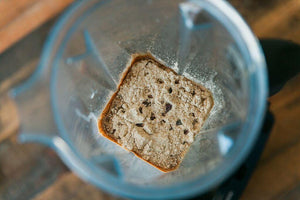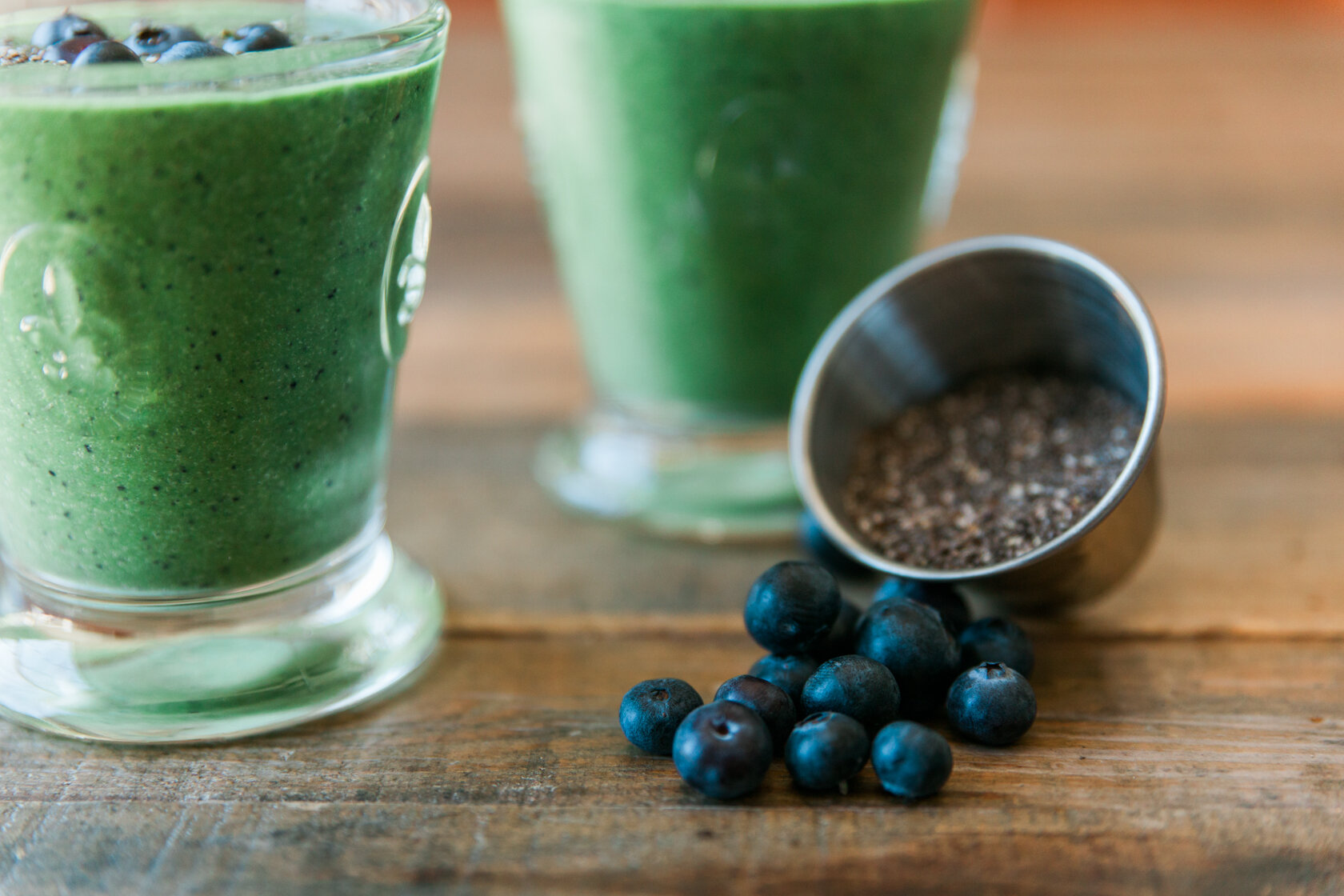
Sugar vs. alternative sweeteners - it’s the age old question that seems to get more complicated each time a new product comes out. At this point, there are so many products on the market it’s really hard to determine what, if anything, you should be using to sweeten what you eat or drink.
If you’re going to use a sweetener - it’s definitely not mandatory and some people have no problem going without - there are a few I recommend, as well as a few I recommend you avoid. Here’s a quick, little review for you of some of the most popular sweetener options to make choosing one easier for you.
-
Monk fruit is made from juice of the Monk fruit (Buddha fruit, luo han guo) from Southeast Asia. The juice itself contains natural sugars like fructose and glucose, but these are removed during processing. The sweetness comes from antioxidants, so you get the sweetening effect with extra benefits
-
Stevia is also derived from a plant and is far sweeter than sugar without impacting your blood sugar or insulin response. However, many mainstream brands, like Truvia, combine reb A (the most common form) with things like sugar alcohols, maltodextrin, or dextrose, as well as natural flavors. These won’t have a huge impact on your blood sugar, but having too much of them might cause some GI issues. Stevia does have a bit of a licorice flavor - some even describe it as bitter - and, though rare, there is a chance of allergies with stevia (it’s part of the chrysanthemum/ragweed family), so some people prefer monk fruit for those reasons.
-
Erythritol is a type of sugar alcohol that is distinct from others in this class of sweeteners. Typically, sugar alcohols are something to be careful of because they can change the composition of your GI bacteria and cause GI upset (bloating, gas, etc). However, erythritol is mostly absorbed before it gets to your colon so your flora isn’t affected in the same way.
-
Allulose is another option for you. Classified as a “rare sugar,” allulose is naturally present in just a few foods, including wheat, figs and raisins. It is similar in structure to fructose, however your body doesn’t process it the same or use it as a fuel source. It also won’t give you the GI issues common to sugar alcohols. There’s also some evidence it can even be helpful with blood sugar control.
-
Xylitol, Splenda, and Sweet ‘N Low all have the bad reputation of feeding the bad bacteria in your gut, thereby throwing off that important balance within your microbiome. Xylitol is also a sugar alcohol, known for causing GI issues like gas and bloating (it’s different from erythritol, which is mostly absorbed before it gets to your colon, where those good and bad bacteria live).
Real sugar sources, like coconut sugar, honey, maple syrup, date syrup, and plain old sugar are also things you should be keeping to a minimum. The goal of the Fab Four is to help you manage your blood sugar curve, allowing you to stay balanced and full for longer. Anytime you have some sugar, you’ve got the potential for your blood sugar to get out of that balanced range, and with that you’re likely to feel that sugar crash and be craving more food (probably something sweet or carby, which will keep that cycle going) soon after.
The occasional sweet treat, whether sweetened with a real sugar or an alternative sweetener, is really not the end of the world. Maybe black coffee is really not your jam. It’s ok to use alternative sweeteners some, you just don’t want to be relying on them all day, every day. There will be birthday parties, holidays, and things to celebrate - life happens and I don’t want you missing out on important moments because you’re holding onto the No Sugar Train for dear life.
What I want you to know is that eating sweet foods makes you crave more sweet foods, so be aware of your habits and make changes as you’re able to. And when life does happen, let yourself be part of the celebration and go right back to your Fab Four lifestyle tomorrow.
Sources:
https://www.pnas.org/content/113/47/E7619
https://www.ncbi.nlm.nih.gov/pubmed/21351724 (insulin secreting effects)
https://link.springer.com/article/10.1007/s00003-015-0968-2 (Stevia)
https://www.ynhh.org/services/nutrition/sugar-alcohol.aspx (Sugar alcohols)
https://www.ncbi.nlm.nih.gov/pubmed/8457525
https://www.ncbi.nlm.nih.gov/pubmed/19765780
https://www.ncbi.nlm.nih.gov/pubmed/19155592
https://www.ncbi.nlm.nih.gov/pubmed/20208358





